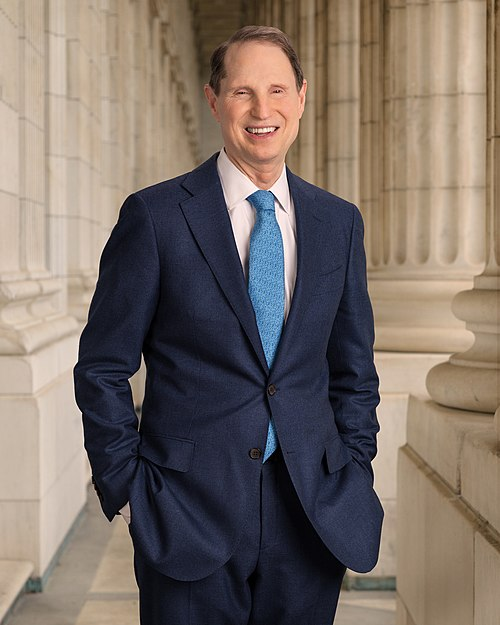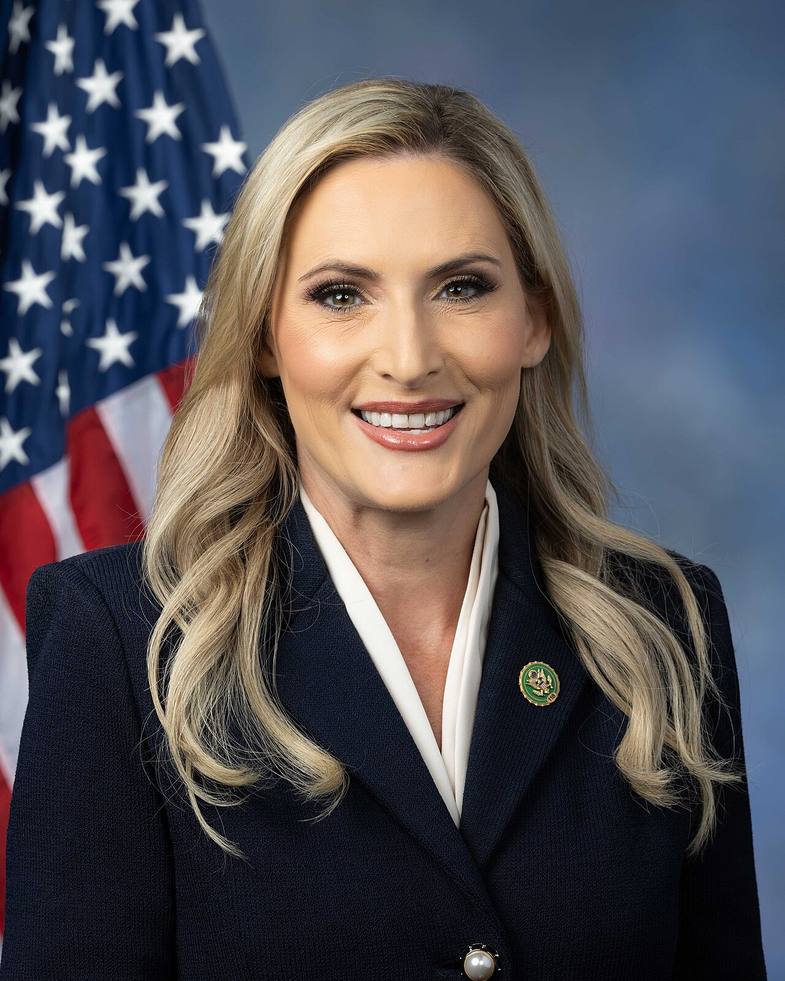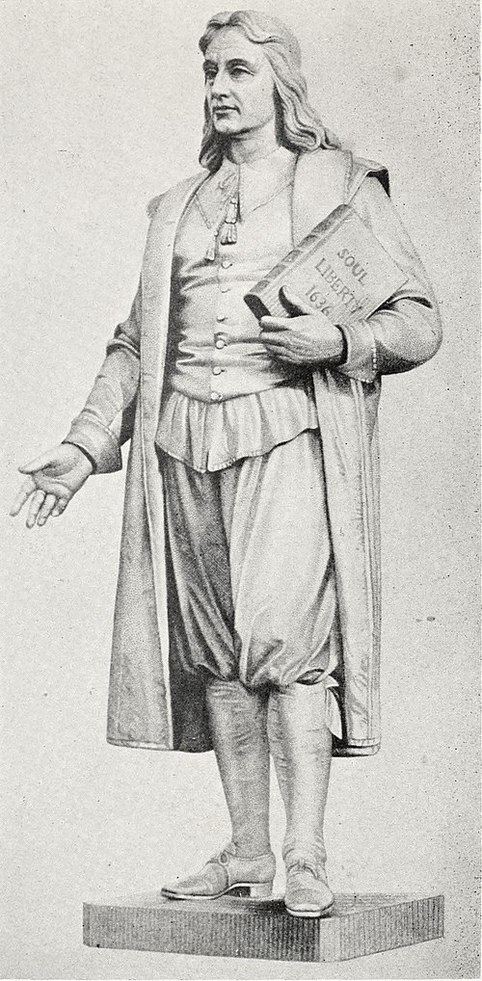H.R. 2220: Preserve Access to Rapid Ambulance Emergency Medical Treatment Act of 2025
This legislation, titled the Preserve Access to Rapid Ambulance Emergency Medical Treatment Act of 2025
(or the PARA–EMT Act), aims to address and alleviate the workforce shortages within the emergency medical services (EMS) sector in the United States. The bill recognizes the critical role of paramedics and emergency medical technicians (EMTs) in providing emergency care and identifies various factors contributing to an ongoing workforce shortage, including the effects of the COVID-19 pandemic.
Key Provisions
- Establishment of a Grant Program: The bill proposes establishing a pilot program to provide grants to eligible EMS agencies, aiming to support the recruitment and training of EMTs and paramedics. This initiative is intended to enhance the overall access to and quality of emergency medical services.
- Grant Application and Use: Agencies eligible for the grants must apply and can use the funds for purposes such as:
- Recruiting and retaining EMS personnel, including volunteer workers.
- Training personnel to obtain necessary licenses and certifications.
- Conducting educational courses and developing apprenticeship programs.
- Funding training that meets federal or state requirements.
- Creating technology-enhanced educational methods for training.
- Implementing wellness and fitness programs to support EMS personnel's health.
- Training personnel to handle mental health and substance use disorder cases during emergencies.
- Prioritization Criteria: When granting funds, priority will be given to:
- Agencies emphasizing recruitment of youth, especially from disadvantaged backgrounds.
- Programs that assist veterans with transitioning to civilian emergency medical roles.
- Agencies in rural areas serving rural populations.
- Rural Focus: At least 20% of the grants will be allocated to EMS agencies located in rural areas.
- Maximum Grant Amount: No single agency will receive more than $1 million in grants under this program.
- Reporting Requirements: Grant recipients must report their activities and the Secretary must provide periodic reports to Congress regarding the program's success and impact.
Supporting Veterans
Additionally, the bill proposes aiding veterans who have undergone military emergency medical training. A grant program will be established to assist states in covering transition costs so that these veterans can meet the necessary requirements for becoming civilian EMTs or paramedics. This support will help recognize their service and facilitate their integration into the civilian workforce.
Workforce Study and Report
Lastly, the legislation requires a coordinated study by the Secretary of Labor and the Secretary of Health and Human Services to assess the current and projected demand for EMTs and paramedics through 2034. This study will analyze employment patterns, training availability, and expected job shortages, and will result in a report with recommendations for addressing these workforce issues.
Funding Authorization
The bill authorizes appropriations of $50 million annually from 2026 through 2030 to implement the grant program, as well as an additional $20 million per year for assisting veterans.
Relevant Companies
- PFE (Pfizer Inc.) - As a major player in the healthcare industry, Pfizer could see changes in its supply chain or partnerships as increased demand for emergency medical services could drive pharmaceutical needs during emergencies.
- MRNA (Moderna, Inc.) - Similar to Pfizer, Moderna may experience shifts in its business operations related to supplying vaccines and treatments in emergencies as the healthcare landscape evolves.
- HCA (HCA Healthcare, Inc.) - As a key healthcare provider, HCA might impact and be impacted by workforce changes in emergency medical services, particularly if EMT shortages affect patient transport and hospital inflows.
This is an AI-generated summary of the bill text. There may be mistakes.
Sponsors
16 bill sponsors
-
TrackMarie Gluesenkamp Perez

Sponsor
-
TrackSuzanne Bonamici
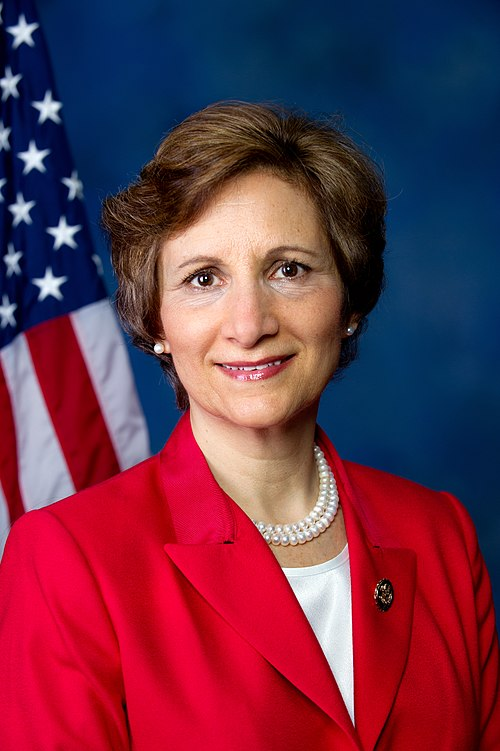
Co-Sponsor
-
TrackJanelle Bynum

Co-Sponsor
-
TrackDonald G. Davis
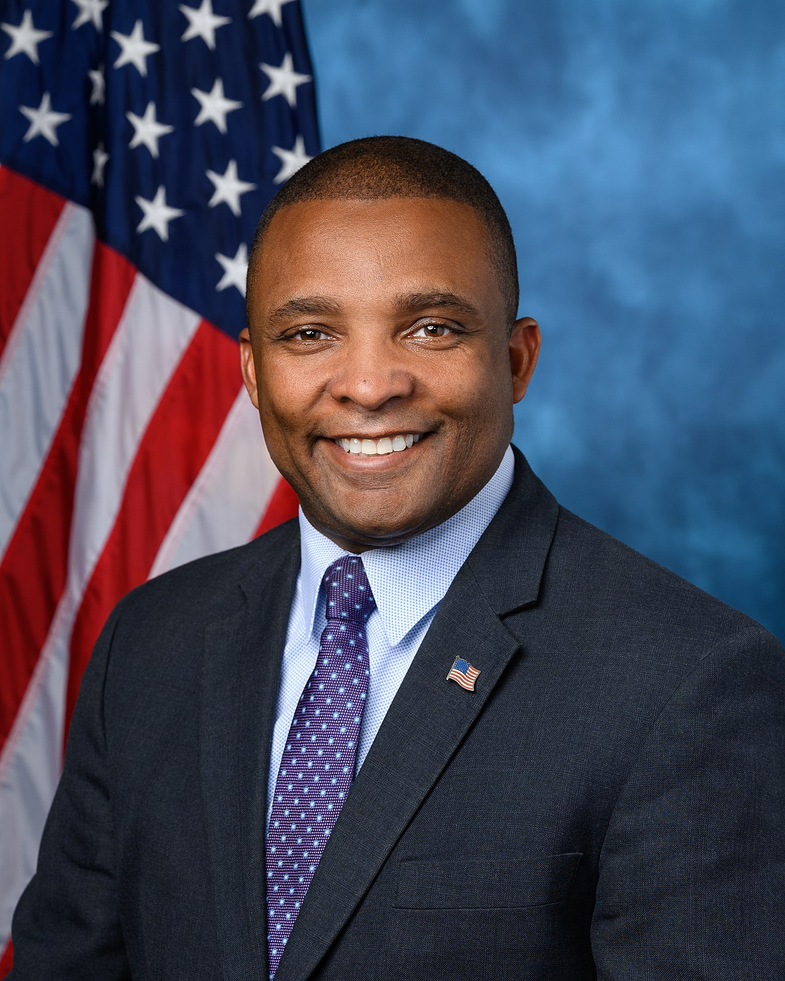
Co-Sponsor
-
TrackMaxine Dexter
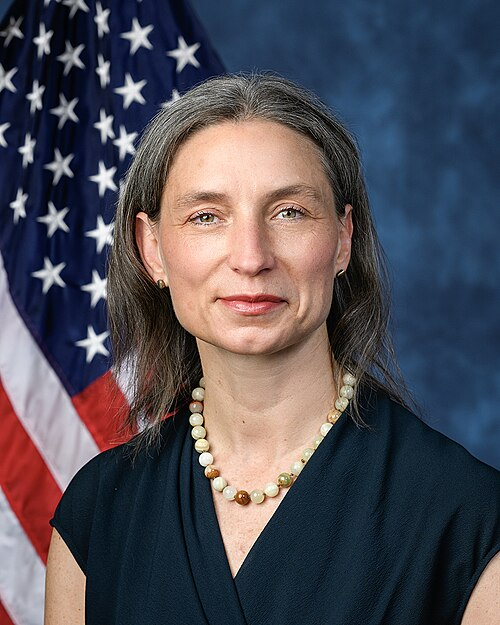
Co-Sponsor
-
TrackRandy Feenstra
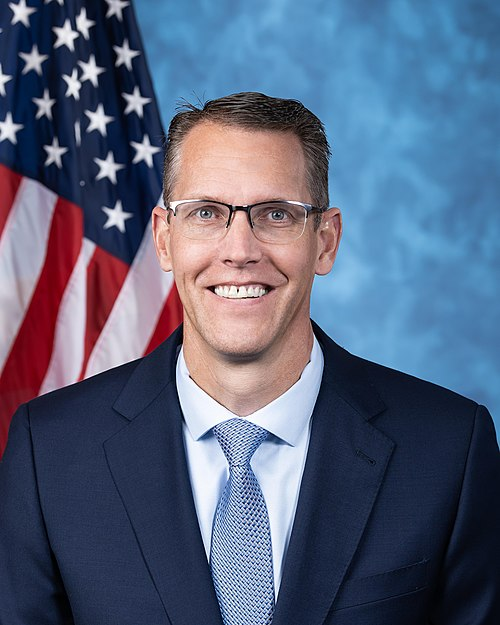
Co-Sponsor
-
TrackBrad Finstad
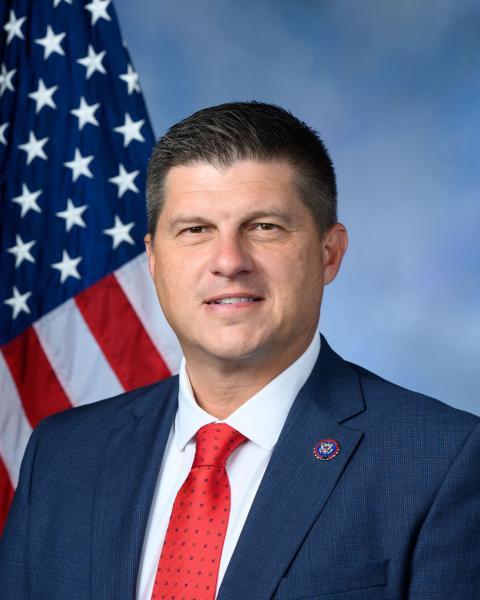
Co-Sponsor
-
TrackBrian K. Fitzpatrick
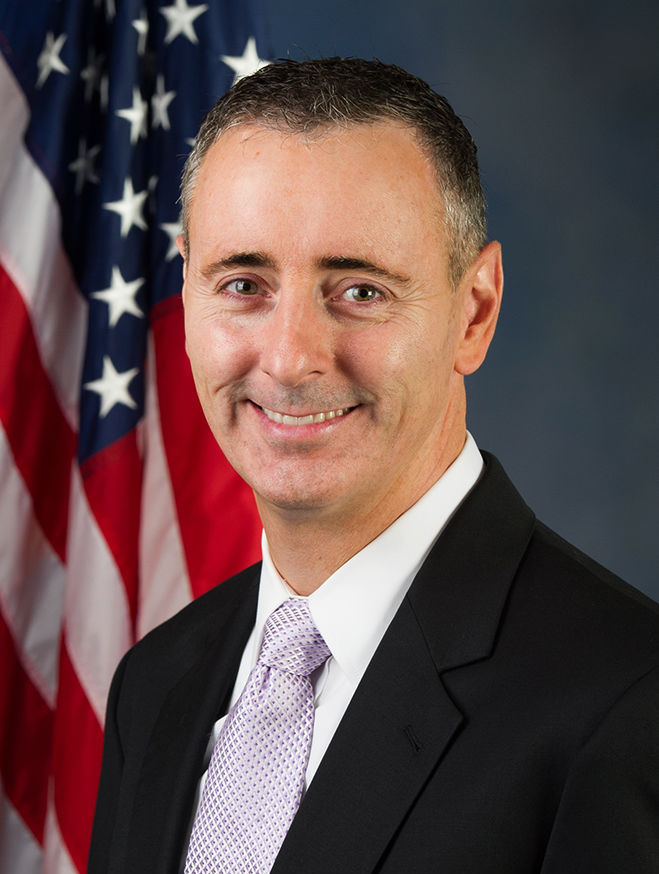
Co-Sponsor
-
TrackVicente Gonzalez
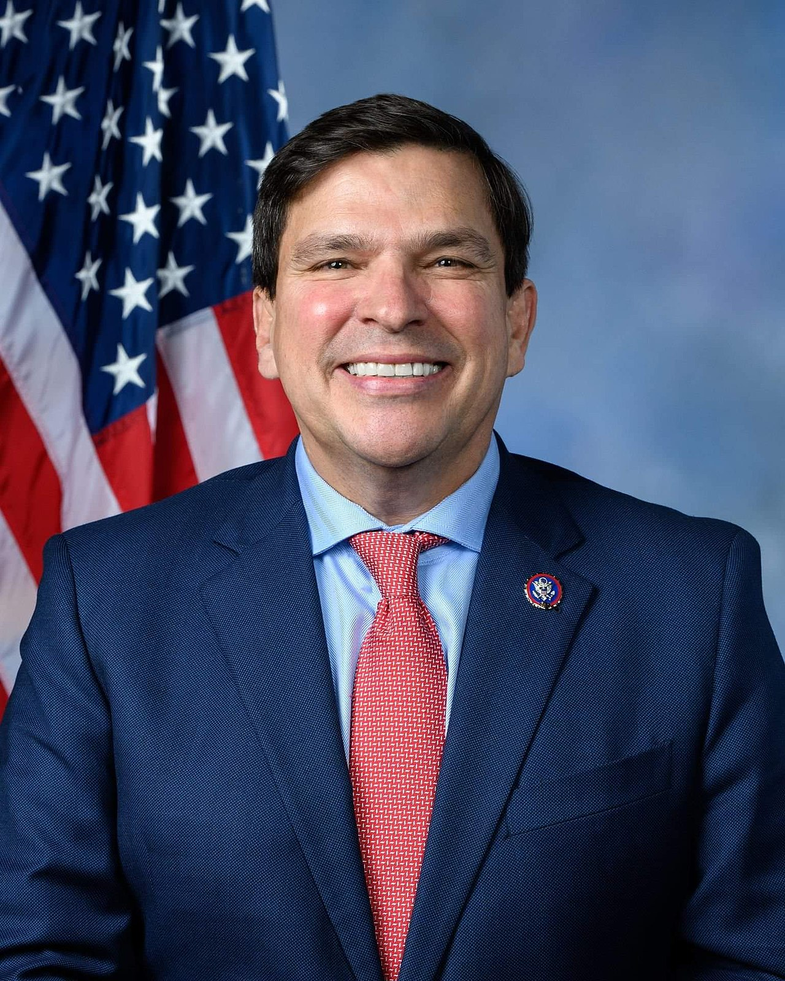
Co-Sponsor
-
TrackJosh Gottheimer

Co-Sponsor
-
TrackJosh Harder
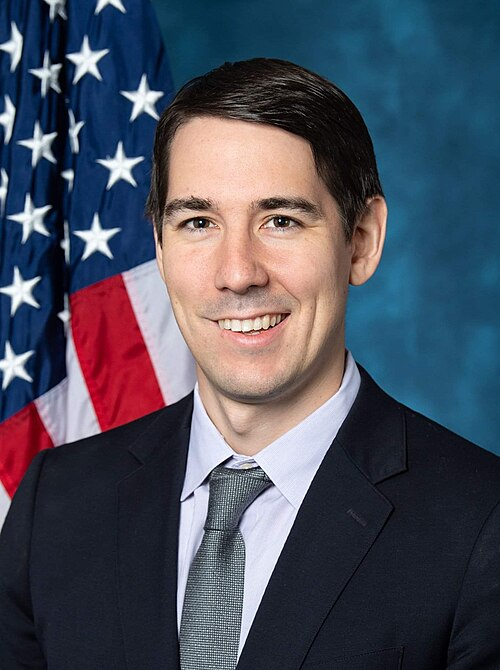
Co-Sponsor
-
TrackJonathan L. Jackson

Co-Sponsor
-
TrackMichael Lawler
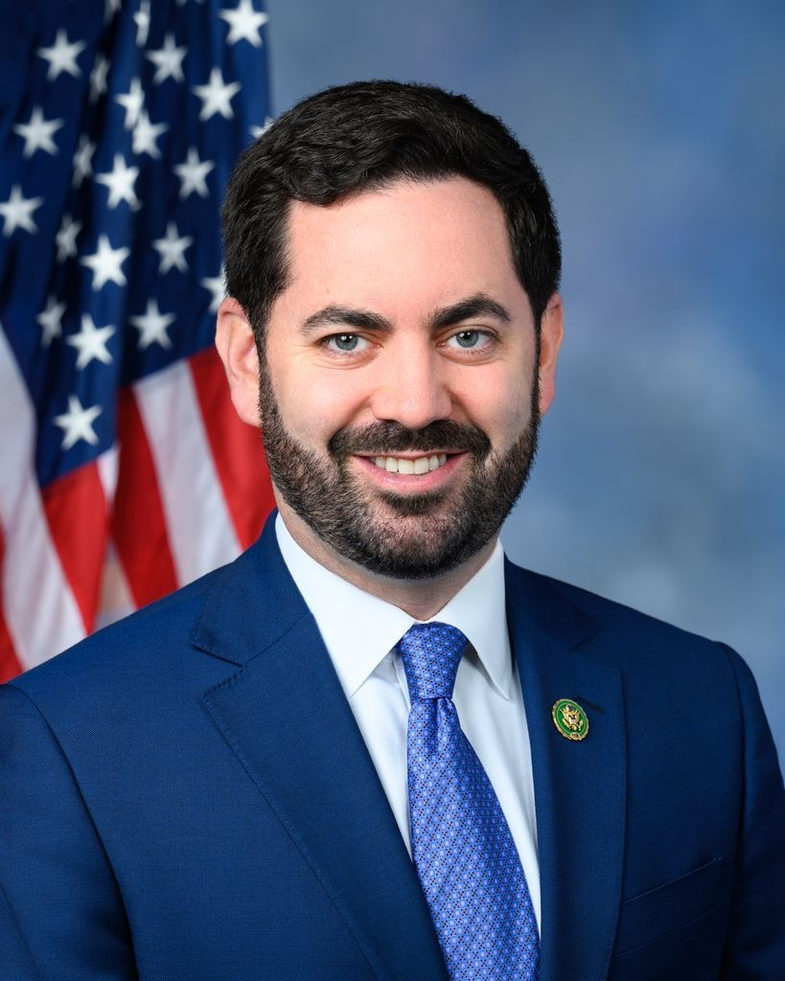
Co-Sponsor
-
TrackAndrea Salinas
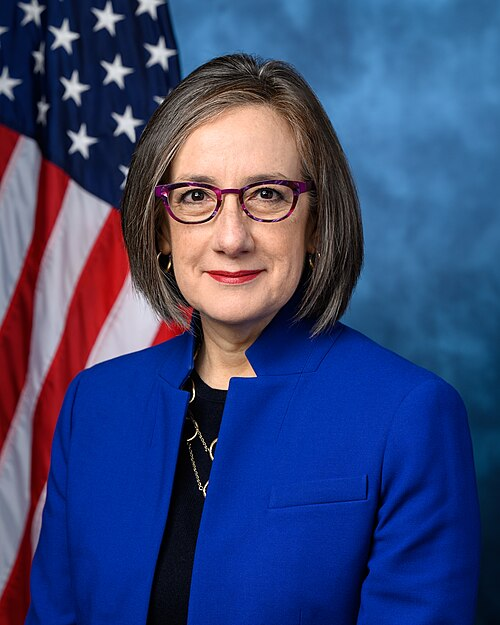
Co-Sponsor
-
TrackMelanie A. Stansbury
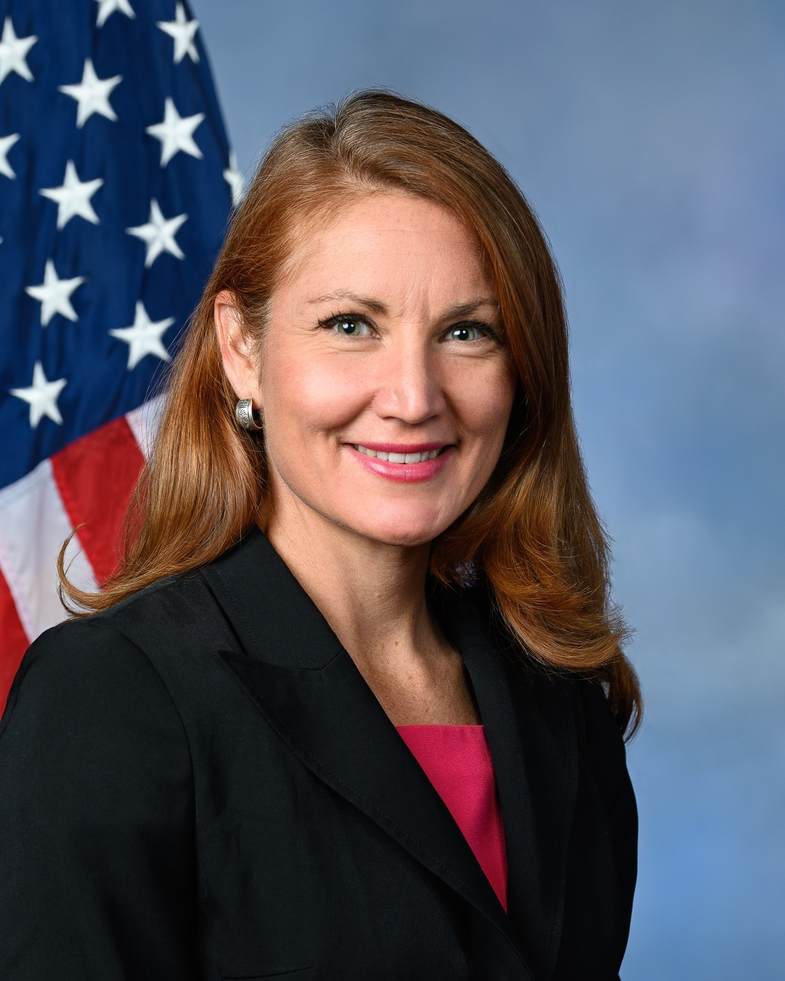
Co-Sponsor
-
TrackMarilyn Strickland
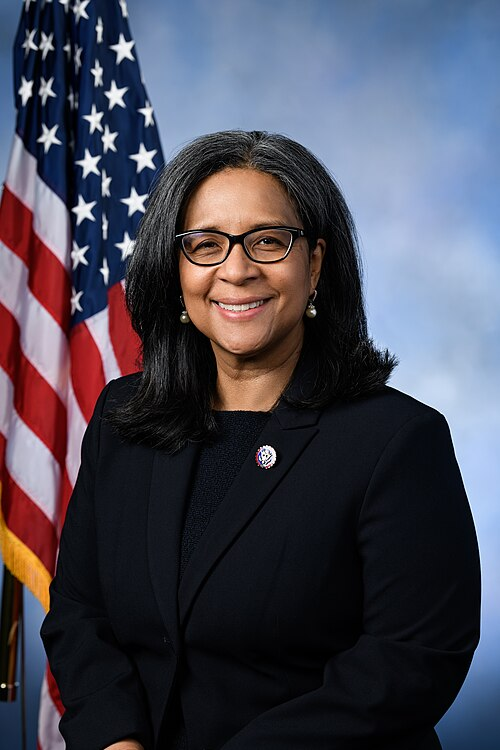
Co-Sponsor
Actions
2 actions
| Date | Action |
|---|---|
| Mar. 18, 2025 | Introduced in House |
| Mar. 18, 2025 | Referred to the Committee on Energy and Commerce, and in addition to the Committee on Education and Workforce, for a period to be subsequently determined by the Speaker, in each case for consideration of such provisions as fall within the jurisdiction of the committee concerned. |
Corporate Lobbying
0 companies lobbying
None found.
* Note that there can be significant delays in lobbying disclosures, and our data may be incomplete.






